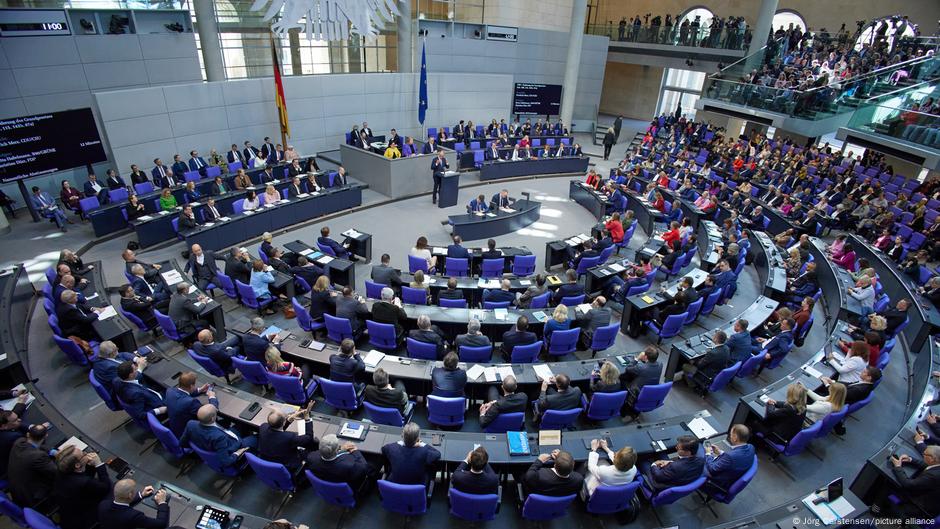Scholz Hails ‘Historic’ Reform in Germany’s Borrowing Rules
Outgoing Chancellor Olaf Scholz commended Germany for its “historic” decision to relax strict borrowing limits, enabling substantial military expenditure increases. This remark followed the approval of constitutional amendments by a two-thirds majority in parliament.
In his address alongside French President Emmanuel Macron in Berlin, Scholz expressed that Germany is “freeing itself from the constraints that have hindered adequate defense spending.” He emphasized that fortifying NATO’s European component will bolster the entire transatlantic alliance.
CDU Lawmaker Advocates for Increased Security Funding
Thomas Silberhorn, a Bundestag representative from the CDU, acknowledged his party’s shift in position, citing a transformed “threat perception” that necessitates heightened defense financing. He argued that Russia poses a daily danger through cyberattacks and espionage directed at Germany.
Silberhorn stressed the need for Germany to take charge of its security, especially in light of the U.S. commitment being questioned under Donald Trump’s leadership. He claimed that enhancing defense resources is crucial for protecting Germany and its European allies.
NATO Chief Praises Agreement
NATO Secretary General Mark Rutte commended the recent reforms for bolstering Germany’s defense spending and investment, calling it a “historic agreement.” He remarked that it signals a commitment to shared security, significantly enhancing NATO’s deterrent capabilities.
Political Responses to the Spending Bill
Following the approval to ease borrowing constraints, outgoing health minister Karl Lauterbach described the decision as “historic.” He asserted that increased investment in defense and infrastructure is essential to avoid leaving the nation vulnerable or compromising economic stability.
Also, SPD whip Katja Mast highlighted the establishment of a €500 billion special fund aimed at stimulating the economy and generating employment, underlining its potential to finance crucial infrastructure projects.
Different Perspectives on Fiscal Policy
Alternative for Germany (AfD) leader Alice Weidel condemned the reforms for imposing significant future debts, warning they threaten the eurozone’s stability. Meanwhile, Free Democrat (FDP) leader Christian Dürr criticized what he termed “unrestrained debt accumulation,” emphasizing the need for responsible fiscal policies to secure future generations’ welfare.
Conclusion: A Crucial Moment for Germany
As the Bundestag navigates the implications of these reforms, the political climate remains tense. The decisions made now pave the way for Germany’s enhanced military readiness and significant shifts in its domestic and foreign policy landscape.



